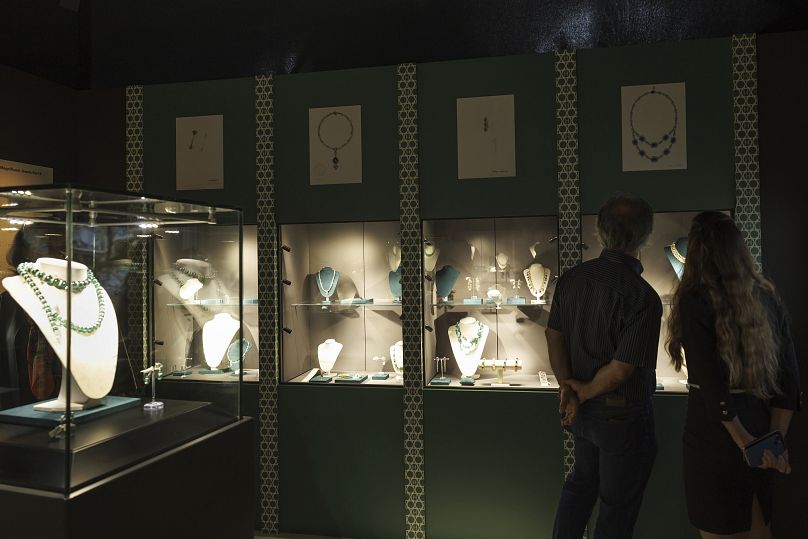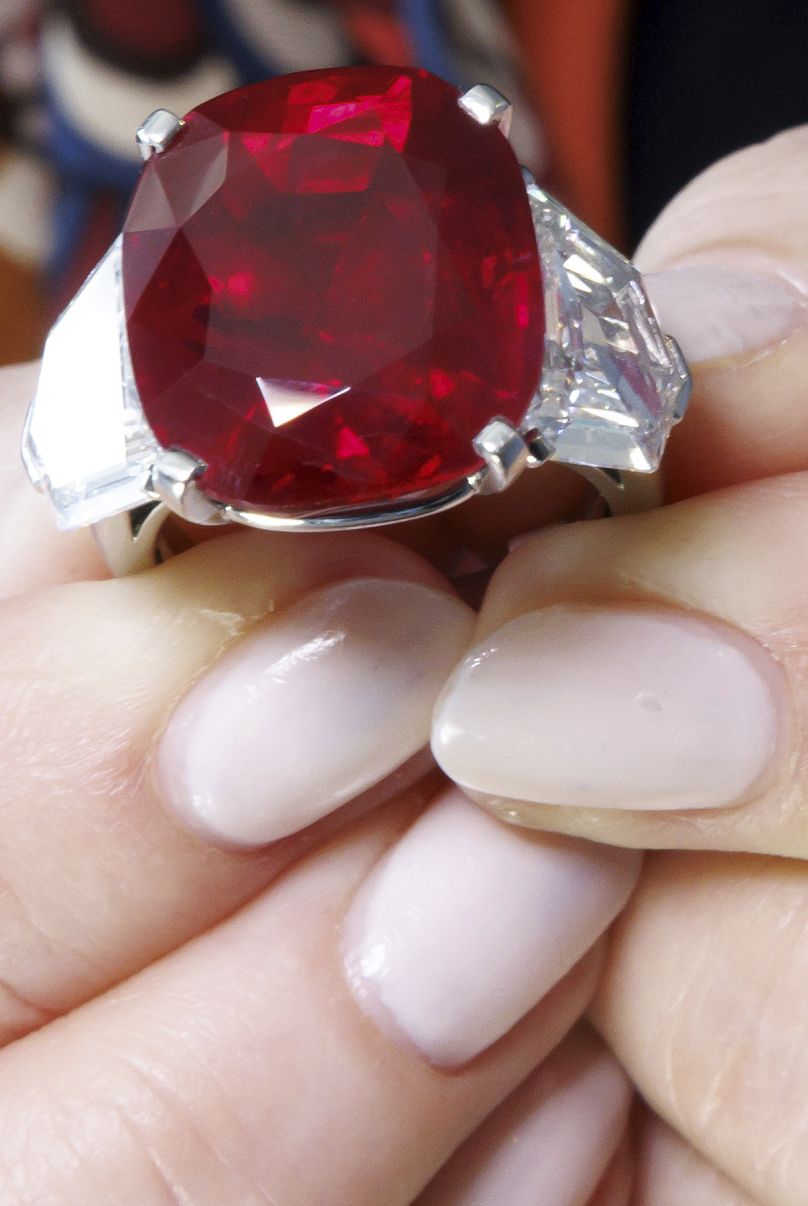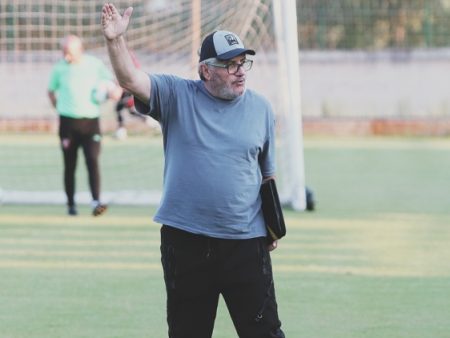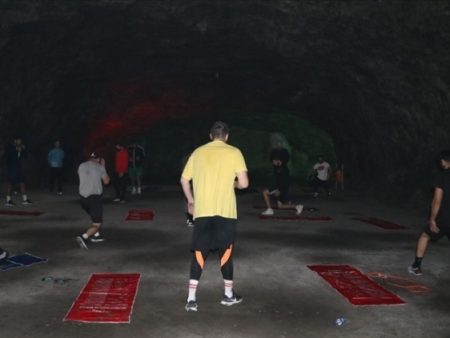The enormous collection of jewellery belonged to Heidi Horten, the wife of a Nazi who made his fortune after buying Jewish businesses under duress in the Second World War.
Christie’s cancels sale of Nazi heiress’ jewels
Christie’s have cancelled the sale of a large amount of jewels from the estate of Heidi Horten, bowing to months of international pressure.
The late Austrian billionaire’s wealth was famously rooted in Nazi profiteering by her late husband.
The auction house announced that the jewellery would no longer be available to potential buyers following outcry from clients and staff as well as from Jewish organisations.
In May, Christie’s sold $202 million (approximately €186m) of jewels from Horten’s collection.
Including pieces from the likes of Cartier, Bulgari and Harry Winston, the auction surpassed the totals from previous record-setting jewellery sales, including lots belonging to actress Elizabeth Taylor and the Al Thani family.
There were 300 remaining pieces from Horten’s collection set to be sold in November in Geneva.

After the May auction, it was revealed that Christie’s had tried to bury information that Horten’s late husband, Helmut Horten, was a member of the Nazi Party during World War II.
He built his vast fortune by forcefully buying Jewish businesses as part of Hitler’s Aryanization process.
The attempted burial by the auction house turned into a public relations disaster with constant calls to put a stop to the sale.
Holocaust survivors and Jewish groups condemned the sale, calling it “whitewashing”, and Israel’s official memorial, Yad Vashem, rejected Christie’s proposal to donate some of the proceeds from the sale.
The Tel Aviv Museum of Art also cancelled a restitution event organised by the auction house which had been scheduled to take place in December.
Late on Thursday, Christie’s made a statement accepting the criticism and announced their decision to put a stop to the stale.
“The sale of the Heidi Horten jewellery collection has provoked intense scrutiny, and the reaction to it has deeply affected us and many others, and we will continue to reflect on it,” Anthea Peers, president of Christie’s EMEA division explained.
She added that the funds raised in May’s sale will benefit a new foundation set up in Heidi Horten’s name. It’s set to focus on medical research, access to the arts and children’s welfare.

Jewish groups have hailed the cancellation, with some calling it an important victory for the community globally.
The president of Holocaust Survivor Foundation USA, David Schaecter, who has been an outspoken critic of Christie’s, released a statement saying: “We are pleased to hear that the global outrage surrounding Christie’s sale of the Horten Foundation’s ill-gotten assets — derived from the theft of Jewish property during World War II — has affected the auction house and caused them to cancel their planned sale of additional Horten jewellery this fall”.
“We are glad that they recognised the great pain additional sales of Horten art and jewellery would cause Holocaust survivors,” Schaecter added.
As well as Yad Vashem, Jewish groups including Israel’s Holocaust museum, and the Claims Conference have rejected donations offered by Christie’s, saying the gesture is insufficient.
They are among critics who have suggested that the auction house should donate all profits from May’s controversial sale. Christie’s have yet to confirm whether or not they will acquiesce to these demands.
Regardless of the outcome, though, Schaecter has explained that the incident acts as a warning to other companies considering similar auctions.
“[It’s] a clear signal to all auction houses about the consequences of providing such a platform to sell these kinds of tainted goods,” the Holocaust survivor wrote.







